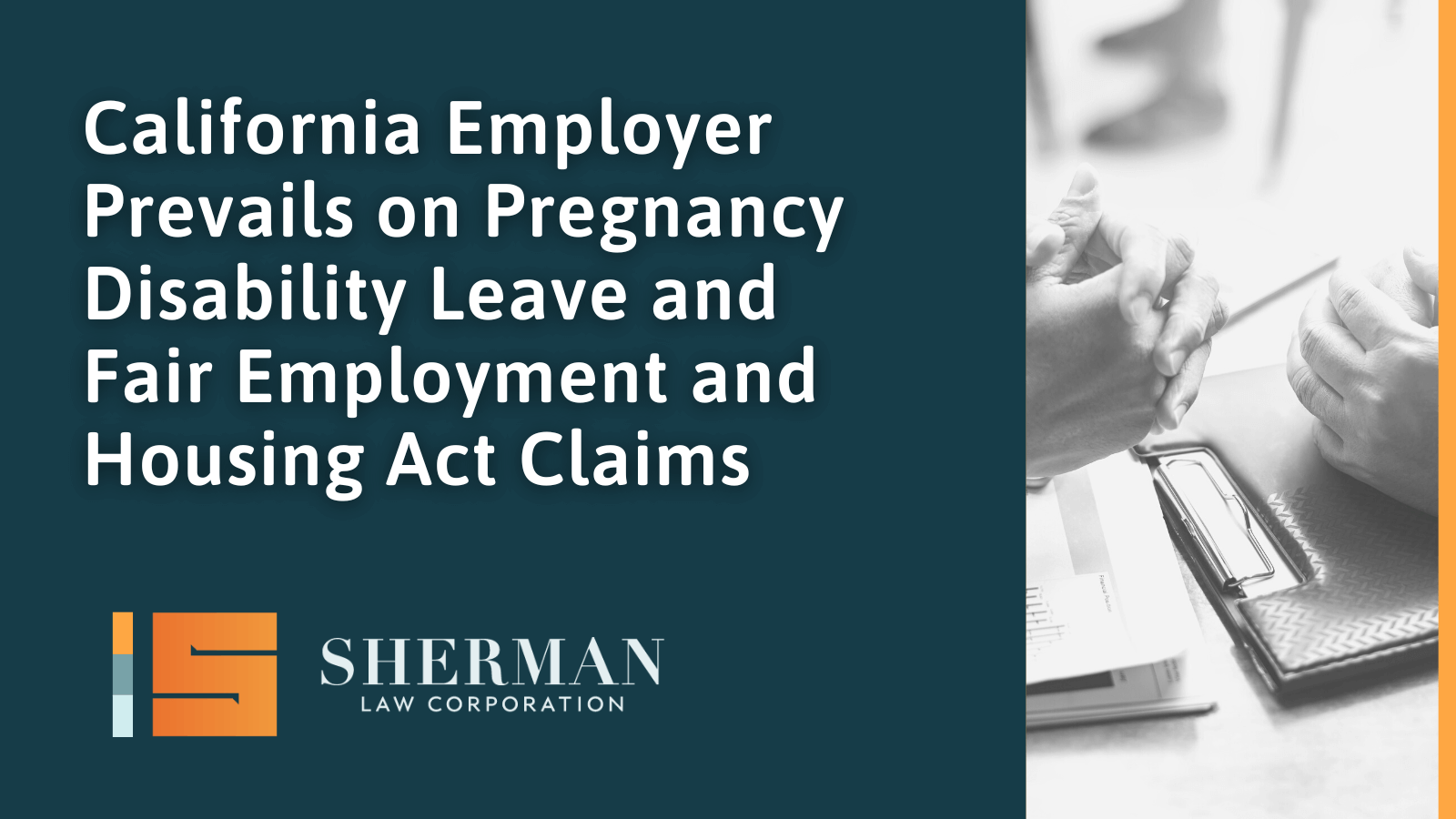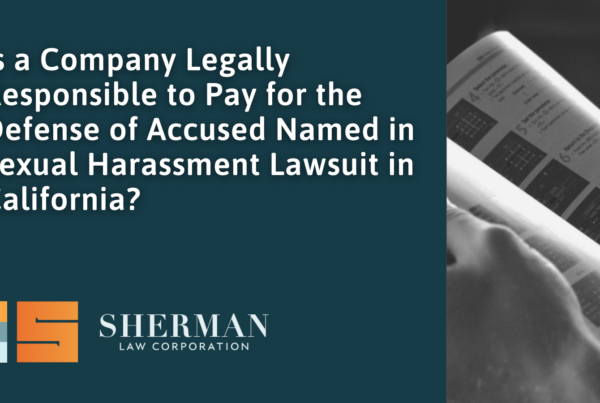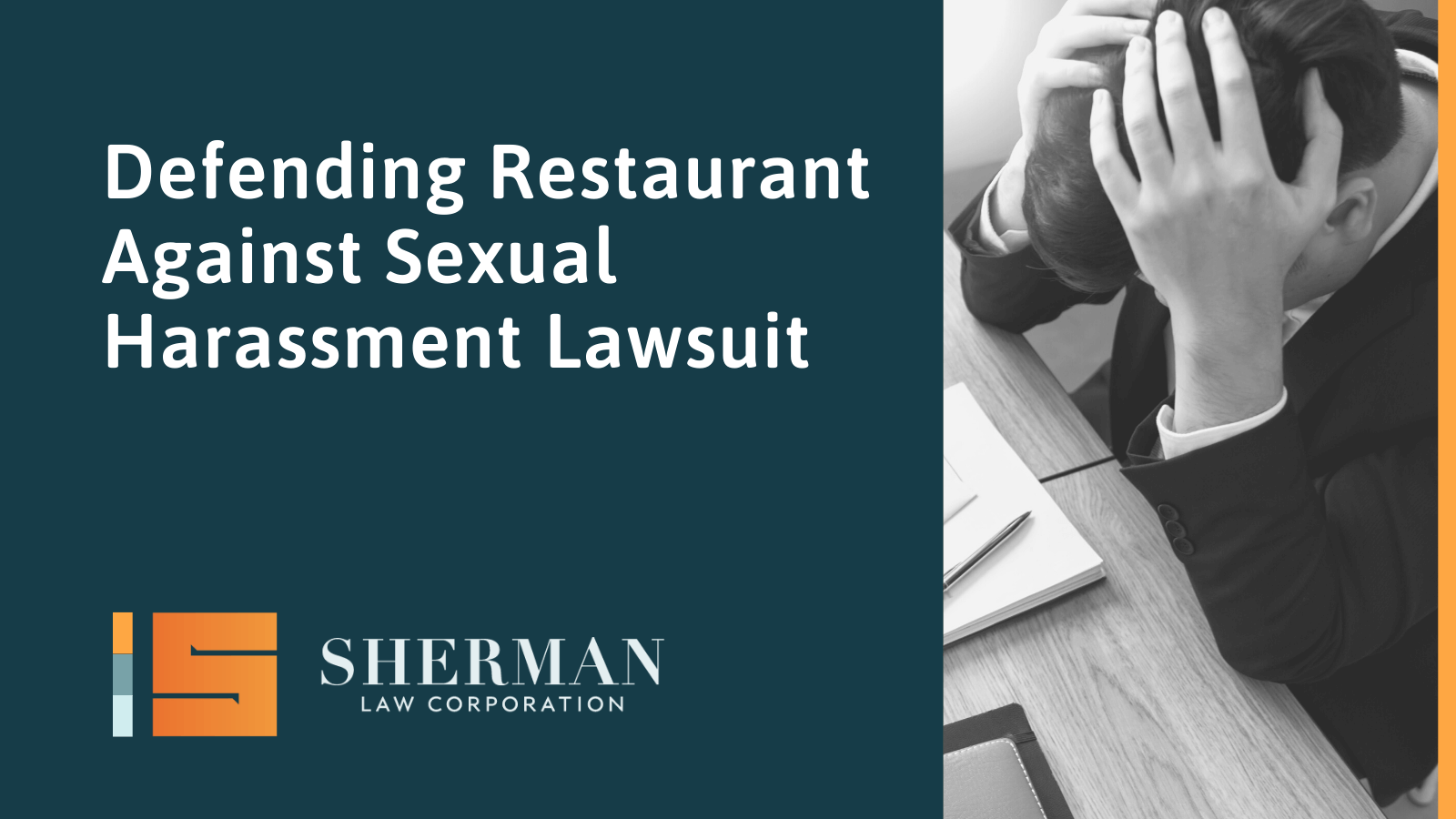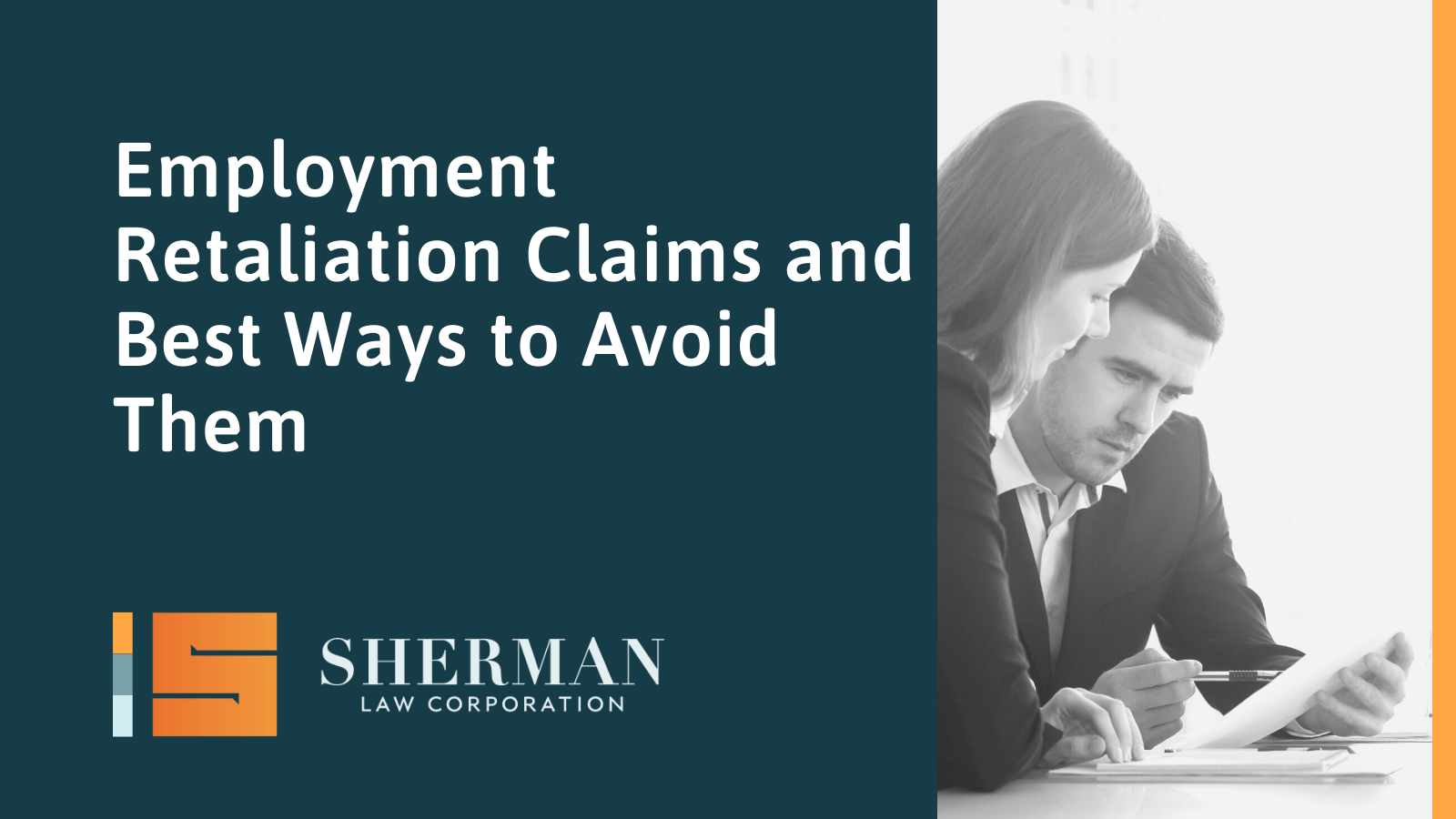
The California Court of Appeals in Lopez v. La Casa las Madres held that both the Pregnancy Disability Leave (“PDL”) law and Fair Employment and Housing Act (“FEHA”) require that a plaintiff prove that the plaintiff had a condition related to pregnancy, and with reasonable accommodation, the plaintiff could have performed the job.
From experienced employment lawyer Lisa Sherman, here’s what California employers need to know about the decision.
Lopez v. La Casa las Madres Case in California
Plaintiff Gabriela Lopez worked for La Casa de las Madres (La Casa) at various times between 2002 and 2017, most recently as a shelter manager at La Casa’s residential shelter for domestic violence victims.
In April 2016, Lopez notified La Casa of her pregnancy and her expected due date. She was placed on modified work duty a few months before her due date, and several weeks before her due date she was placed on a leave of absence due to symptoms relating to her pregnancy.
After giving birth, Lopez experienced complications, and provided La Casa with periodic certifications to extend her leave.
Lopez claimed that during this period La Casa failed to engage in an interactive process to determine if Lopez’s disability could be accommodated and refused to provide two “modest” accommodations suggested by Lopez’s healthcare provider:
(1) time off to allow Lopez to continue mental health treatment; and
(2) flexible/shortened workdays if Lopez found work to be overwhelming and triggered severe anxiety/depressive symptoms.
Lopez’s healthcare provider said that it was “unknown” for how long these accommodations would be necessary. La Casa engaged in the interactive process and made a determination that it could provide time off for therapy, but could not function indefinitely without someone in Lopez’s position.
Nor could Lopez’s job be “performed without making significant decisions and facing stressful situations at unpredictable times.” La Casa offered Lopez an extended leave and an alternative assignment as a Data Entry specialist. Lopez claimed she was ultimately forced out of her job “due to normal complications experienced after her pregnancy.”
The trial court concluded that Lopez failed to carry her burden of proving, by a preponderance of the evidence, one or more elements of each claim she pursued at trial. Although Lopez brought most of her claims under the basic discrimination and disability accommodation provisions of the FEHA, she also presented evidence at trial that La Casa engaged in discrimination—and the failure to prevent discrimination—under PDL.
On appeal, Lopez contended that the trial court misapplied provisions of FEHA that require an employer to provide reasonable accommodations for a pregnancy-related condition.
She argued that the trial court committed an error of law by placing the burden on Lopez to prove that (1) she had a condition related to pregnancy, and (2) she could otherwise perform the essential functions of the shelter-manager position.
The Court of Appeal affirmed the judgment in favor of La Casa and reiterated the elements of a pregnancy discrimination claim under PDL. Drawing from the statutory language and applicable regulatory law, as well as pertinent FEHA case law, the Court concluded that causes of action under PDL, as well as FEHA, require proof that:
(1) the plaintiff had a condition related to pregnancy, childbirth, or a related medical condition;
(2) the plaintiff requested accommodation for this condition, with the advice of her health care provider;
(3) the plaintiff’s employer refused to provide a reasonable accommodation; and
(4) with the reasonable accommodation, the plaintiff could have performed the essential functions of the job.
The Court explained that, consistent with Lopez’s argument, the protections afforded by PDL must be construed, in some ways, “more broadly and differently than [FEHA]” (e.g., PDL provides for up to four months of pregnancy-disability leave).
Thus, PDL affords protections to employees affected by pregnancy, over and above the protections of FEHA. However, none of these provisions entitles an employee to a job the employee cannot perform.
What This Decision Means for California Employers
This decision holds plaintiffs to their burden of proof in showing that she had a pregnancy-related disability and, with reasonable accommodation, could have performed the essential functions of the job at issue.
While this is a win for employers, it is because the employer here successfully met the extensive requirements under FEHA (and PDL) to engage in the interactive process and provide reasonable accommodations to disabled individuals, including those affected by pregnancy.
Contact Lisa Sherman
For additional information or wish to seek employment counsel, please contact Lisa Sherman for a free consultation at (323)488-2087 or at Lisa@sherm-law.com.




